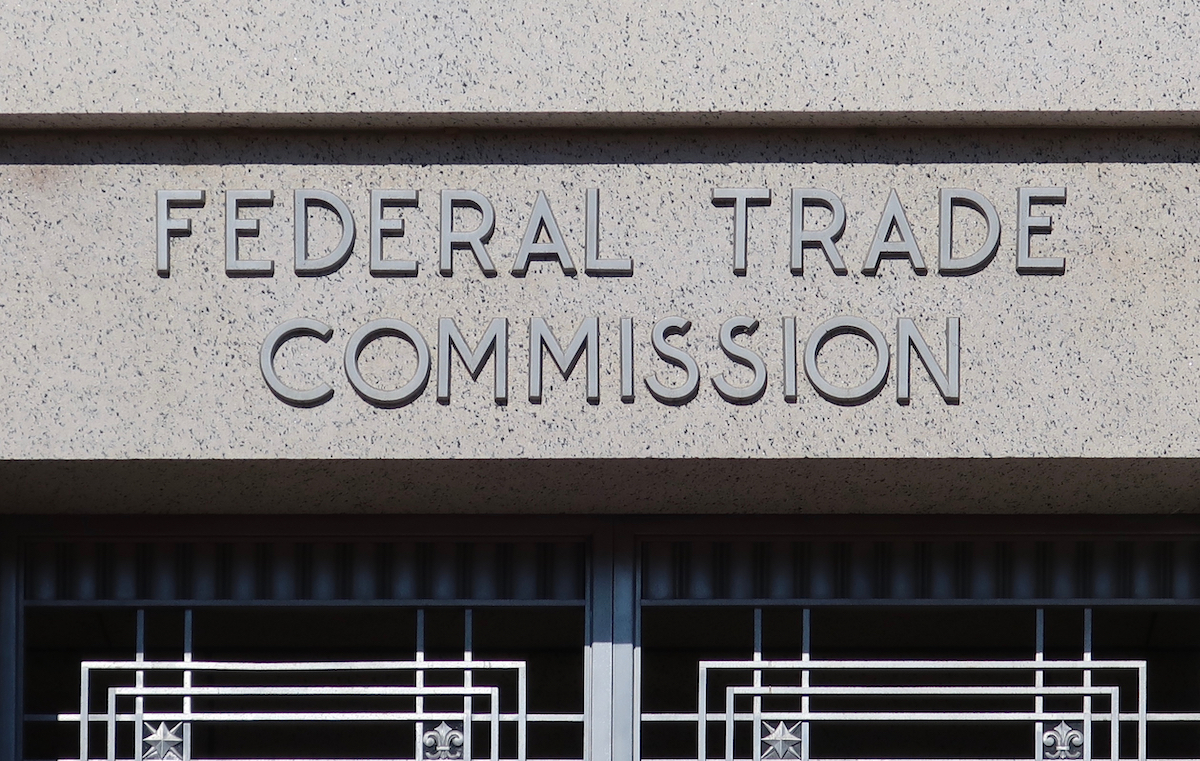
The Federal Trade Commission (FTC) is intensifying its scrutiny of companies’ claims about artificial intelligence (AI), with a stern warning that it will hold firms accountable for unsubstantiated promises, per Axios. Samuel Levine, the director of the FTC’s Bureau of Consumer Protection, emphasized the agency’s commitment to enforcing truthful and substantiated AI claims in a recent interview with Axios.
Featured News
Ex–New Jersey Attorney General Launches Litigation-Focused Law Firm
Feb 15, 2026 by
CPI
China Issues New Anti-Monopoly Rules Targeting Online Platform Practices
Feb 15, 2026 by
CPI
SEC Chair Says Agency May Get Involved in Regulating Prediction Markets
Feb 15, 2026 by
CPI
Pentagon’s AI Push Faces Friction With Anthropic Over Usage Restrictions
Feb 15, 2026 by
CPI
California Adopts Broad Premerger Notification Law, Expanding State Antitrust Oversight
Feb 15, 2026 by
CPI
Antitrust Mix by CPI
Antitrust Chronicle® – Hub-&-Spoke Conspiracies
Jan 26, 2026 by
CPI
A Data Analytics Company as the Hub in a Hub-and-Spoke Cartel
Jan 26, 2026 by
Joseph Harrington
Hub and Spoke Cartels
Jan 26, 2026 by
Patrick Van Cayseele
Hub-and-Spoke Collusion or Vertical Exclusion? Identifying the Rim in Hub-and-Spoke Conspiracies
Jan 26, 2026 by
Rosa Abrantes-Metz, Pedro Gonzaga, Laura Ildefonso & Albert Metz
The Algorithmic Middleman in a Hub-and-Spoke Conspiracy: Divergent Court Decisions and the Expanding Patchwork of State and Local Regulations
Jan 26, 2026 by
Bradley C. Weber